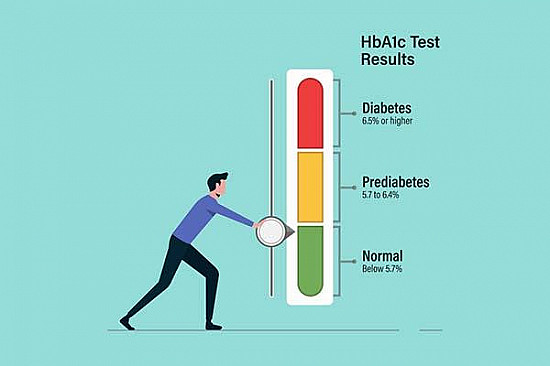Choosing an appropriate heart test
Ask the doctor
My friend, who has a family history of heart disease, recently had chest pains. The doctor ordered an exercise stress test on a treadmill, which was normal. His daughter insisted on a cardio PET scan, which showed that he needed triple bypass surgery. He had the surgery and is doing well and has no more chest pain. If stress tests aren't conclusive, why use them? How can people make sure they're getting the best information about their hearts?Often, the first test doctors use to evaluate stable angina is an exercise treadmill stress test, in which you exercise for as long as you can until your symptoms prevent you from exercising any longer. To get useful information from this test, you need to be able to exercise at a high enough intensity and for a sufficient amount of time. Otherwise, the test results may appear normal, but that doesn't rule out significant coronary artery disease. When a person can't exercise long enough, doctors may use a chemical stress test, in which a chemical is given to simulate exercise and pictures of the heart's blood flow are taken before and after, using echocardiography (ultrasound of the heart) or a nuclear camera. Sometimes, even in people who can exercise, an echocardiogram or nuclear scan done before and after exercise adds to the sensitivity of the test to pick up a problem.
To continue reading this article, you must log in.
Subscribe to Harvard Health Online Plus (HHO+) to unlock expert-backed health insights, personalized tools, and exclusive resources to feel your best every day.
Here’s what you get with your HHO+ membership:
- Unlimited access to all Harvard Health Online content
- 4 expertly curated newsletters delivered monthly
- Customized website experience aligned to your health goals
- In-depth health guides on topics like sleep, exercise, and more
- Interactive features like videos and quizzes
- Members-only access to exclusive articles and resources
I’d like to subscribe to HHO+ for $4.99/month to access expert-backed content to help make smart, informed decisions about my well-being.
Sign Me UpAlready a member? Login ».
Disclaimer:
As a service to our readers, Harvard Health Publishing provides access to our library of archived content. Please note the date of last review or update on all articles.
No content on this site, regardless of date, should ever be used as a substitute for direct medical advice from your doctor or other qualified clinician.















